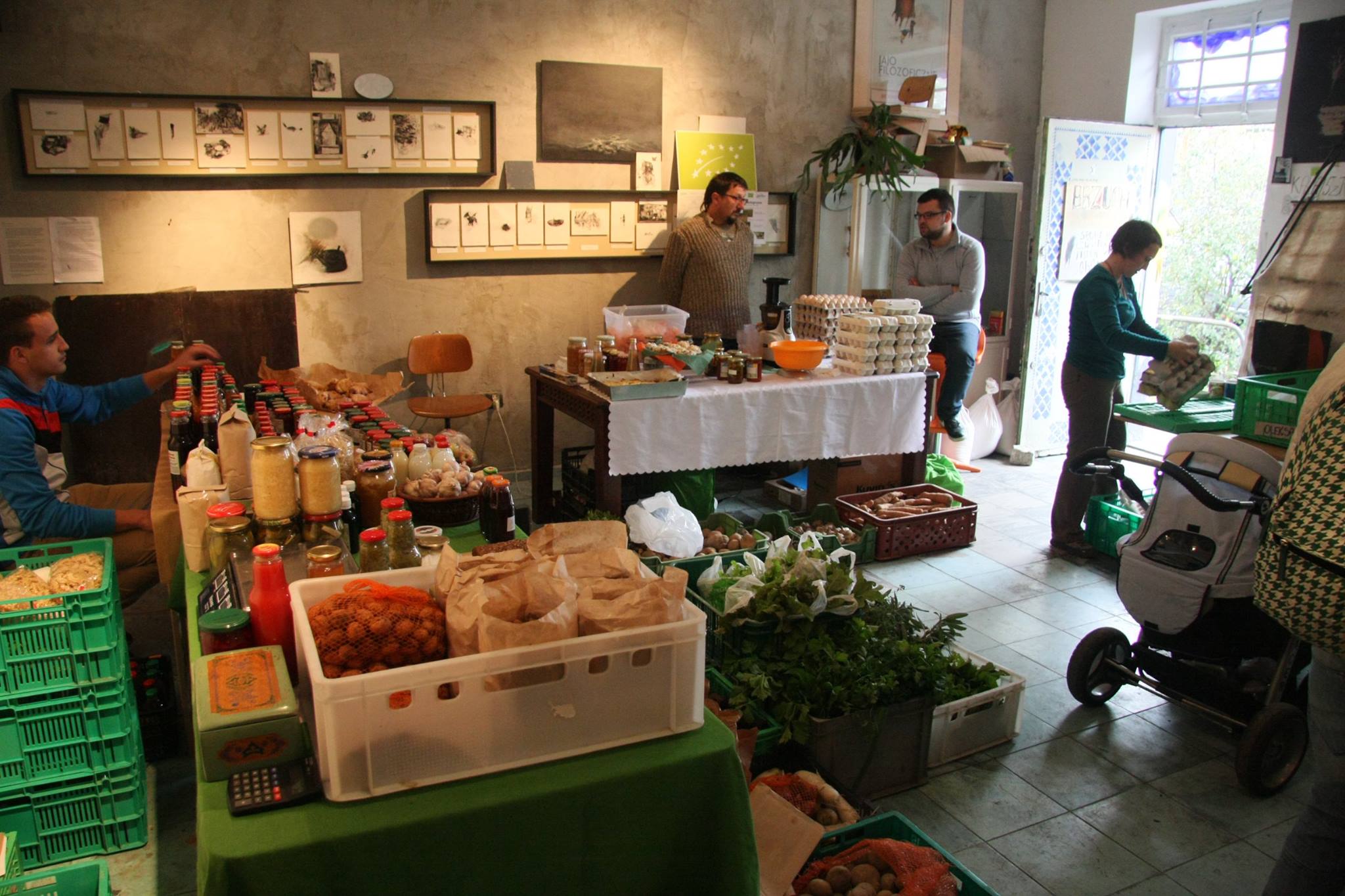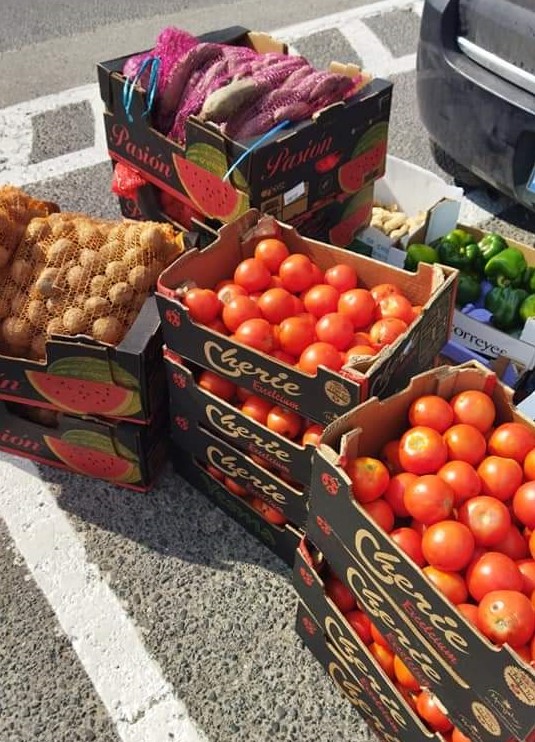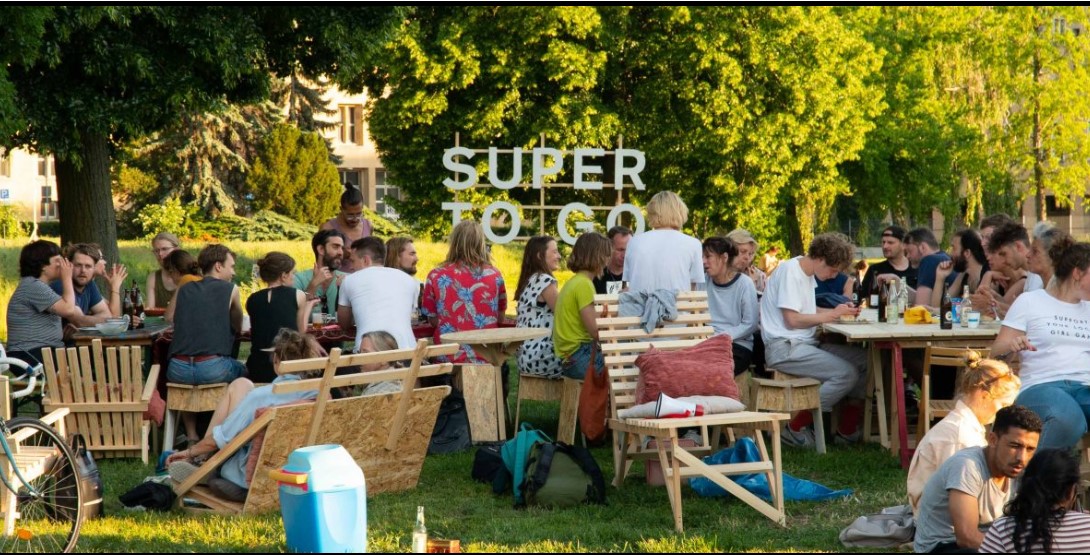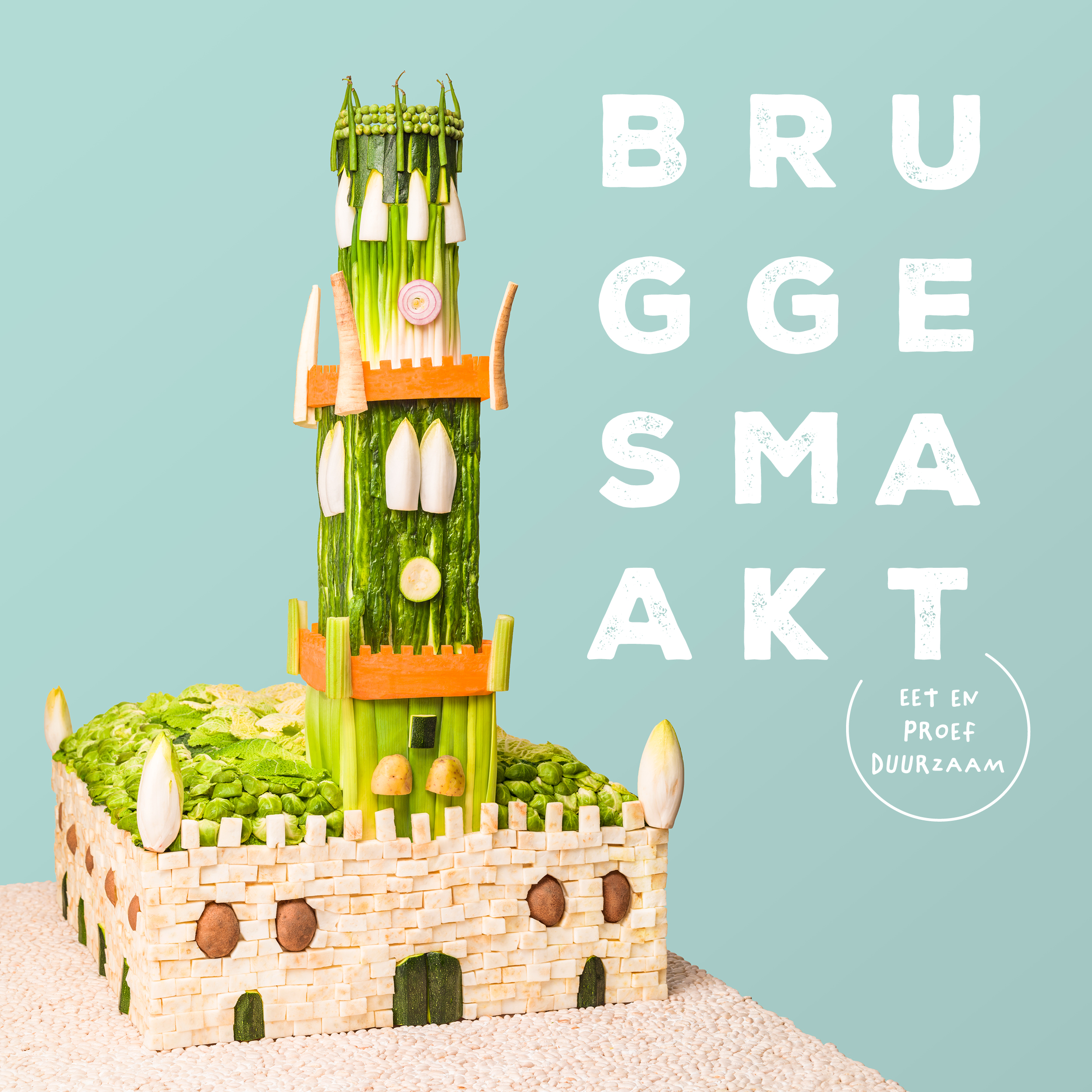Bowline
29 July 2022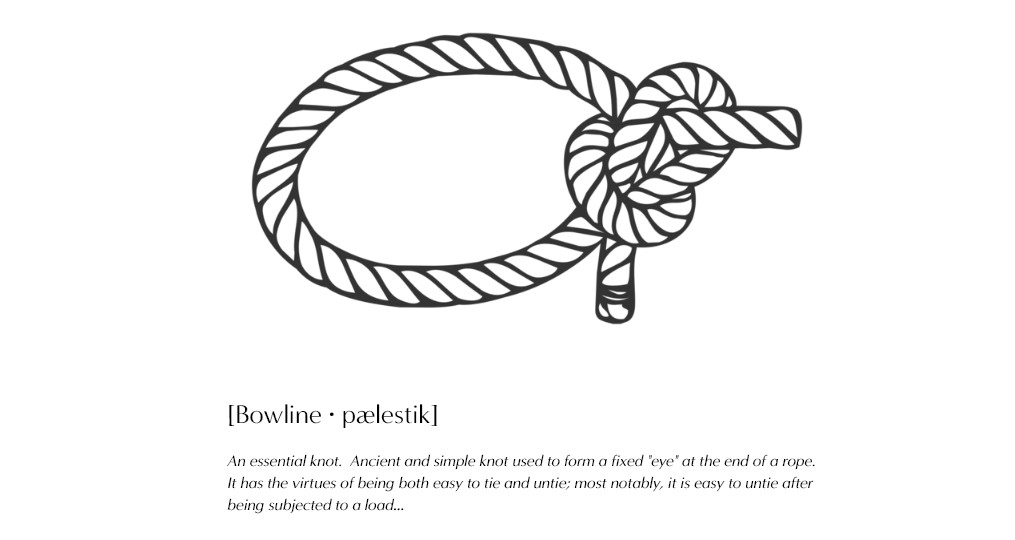
Bowline
Copenhagen, Denmark
THE INNOVATION:
Bowline came together in March 2020 because a small group of chefs, restaurant owners, and academics based in Copenhagen wanted to strengthen ties within the industry and with the community , to pool resources for collective action, and to respond to the COVID-19 crisis in a collaborative and constructive manner. Bowline governs itself in a loose, voluntary, and emergent manner according to five agreed upon principles: interconnectivity, responsibility, resilience, learning, and impact. On the basis of these values, the group promotes conversations among a small, core network, as well as across public platforms and forums, about immediate and future challenges facing the restaurant industry.
LOOKING AHEAD:
Bowline aspires to maintain and leverage the energy and network ties generated during the pandemic to address longer term issues facing restaurants and the communities they serve. Collaboration with restaurants and groups in the international community will be essential in this facilitating collective action (combining).
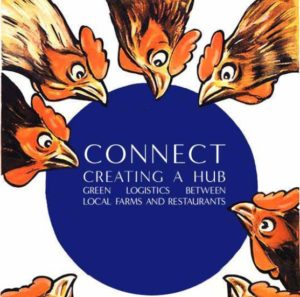
More Information:
Website: www.bowline.dk
Email: [email protected]
Info about the Innovators and the Innovation portraits Catalogue
FoodSHIFT 2030 aims to launch an ambitious citizen-driven transition of the European food system towards a low carbon circular future, including a shift to less meat and more plant based diets. This transition is necessary in order to address the pressing challenges for food and nutrition security, contribute to the EU commitment of reducing GHG emissions by at least 40% by 2030, and revitalize urban-rural linkages and partnerships.
To do so, it establishes FoodSHIFT Accelerator Labs for maturing, combining, upscaling and multiplying existing food system innovations across nine front-runner city-regions. In turn these innovations contribute to the FoodSHIFT vision.
An Innovation Catalogue called “Innovation Portraits” was created to snapshot each of the Food Innovations connected with each of the FoodSHIFT Accelerator Labs (FALs) across the 9 city regions.
Info about the Innovation Portraits Catalogue
The Innovation Catalogue will snapshot each of the Food Innovations connected with each of the FoodSHIFT Accelerator Labs (FALs) across the 9 city regions. Each FAL has a dedicated innovation focus and each chapter will present innovation cases from a particular FAL. For each of the innovations presented, a snapshot of the innovation concept and purpose will be given, alongside the key impacts the innovation has in relation to the FoodSHIFT Impact Pathways and the acceleration ambitions of the innovation.
In addition, each innovation portrait is also categorized according to its Innovation Dimension. These dimensions indicate what kind of innovation is being presented, and where in the value chain it plays a role. This is indicated by these tabs. The dimensions are defined as follows:
Product – Innovations in this category address new or updated products, including quality, safety and market impact.
Process – These innovations are relevant to new technologies for processing, logistical improvements, infrastructure and new/improved services.
Social – Innovations in this category are relevant to changes in behaviour (e.g. consumers/citizens), development of new relationships and inclusiveness.
Governance – The innovations address policy developments, including food planning, subsidies, taxing, certificates & labelling.
Learn more about all the Innovation portraits: https://foodshift2030.eu/meet-the-people-changing-your-food-system/
